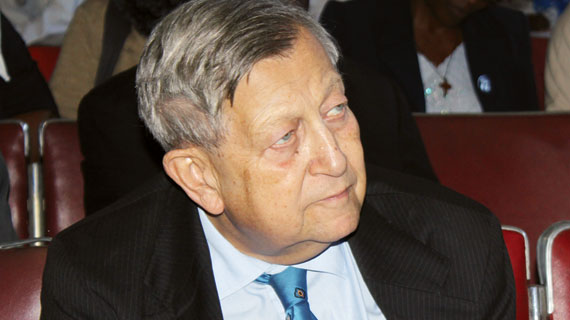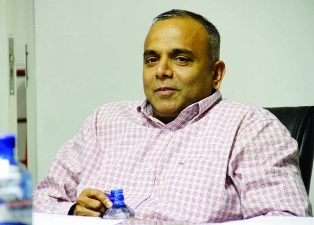
THE government’s decision to unilaterally impose a salary cap at State entities is likely to have an adverse effect on collective bargaining and salary negotiations, experts said yesterday.
Njabulo Ncube Deputy Editor
On Tuesday the government slashed salaries and perks for parastatals and local authority bosses to $6 000 monthly, pending finalisation of a comprehensive salary structure crafted by the Cabinet Committee on State Enterprises and Parastatals Development.
But there are jitters among workers and their trade unions that the latest development is likely to have an adverse impact on collective bargaining and other salary negotiations, both in the public and private sectors.
There is anxiety at some entities such as Zesa where some middle managers already earn between $4 000 and $5 000 per month with fears mounting they could be denied any future salary hikes pending the finalisation of a comprehensive salary structure by the Cabinet committee.
In the private sector, trade unions fear their employers could use the government’s decision to deny workers a living wage. Trade unions have been advocating for a poverty datum line (PDL)-based wage.
The PDL is presently estimated at $540. Rodger Matsikidze, a labour lawyer, said there could be a ripple effect on salary structures of the affected entities and predicted trouble for the collective bargaining exercise which is usually held between June and July annually.
He said the government should move with speed to legally back its decision up by either seeking a statutory instrument or entering into negotiations with the affected bosses, or risking litigation from aggrieved parastatal and local government bosses.
- Chamisa under fire over US$120K donation
- Mavhunga puts DeMbare into Chibuku quarterfinals
- Pension funds bet on Cabora Bassa oilfields
- Councils defy govt fire tender directive
Keep Reading
Matsikidze said a legal instrument was needed to back the salary caps up, saying Section 6 sub-section A of the Labour Act prevented employers from unilaterally tinkering with an employees’ contract. He said the government could apply through the courts for the setting aside of some of the contracts on the grounds that they were contrary to public policy.
“But whatever is finally done should not kill collective bargaining as provided for by Section 74 of the Labour Act.”
Japhet Moyo, the Zimbabwe Congress of Trade Unions secretary-general said while the intention appeared good due to the obscene salaries earned by State entity bosses, the generality of the workforce was worried about salary negotiations after the government’s unilateral decision.
“It is going to affect collective bargain. For instance at Zesa we have middle managers that are already earning between $4 000 and $5 000. How are we going to deal with this during the collective bargain exercise? The story (on the slashing of the salaries) is not complete, the Cabinet Committee on State Enterprises and Parastatals Development needs to clarify how we are going to deal with the collective bargaining,” he said.
“Our members think this development, while welcome because these people were earning obscene salaries, could be a political rather than an economic decision.”
Bulawayo economist Eric Bloch said the salary caps were long overdue, claiming the new levels were realistic compared to the private sector.
Bloch predicted some entities could lose qualified personnel due to the latest developments “but the salaries were unsustainable for the parastatals some of which were failing to pay workers”.










